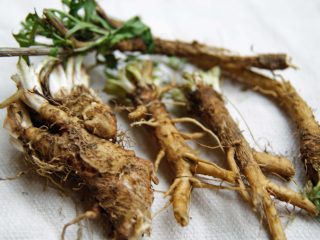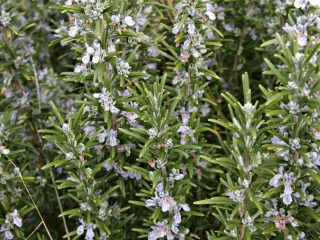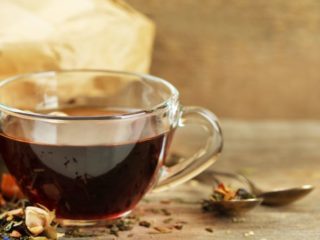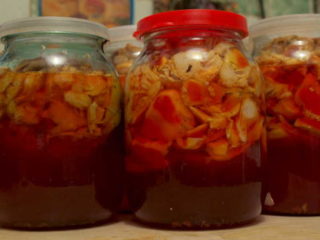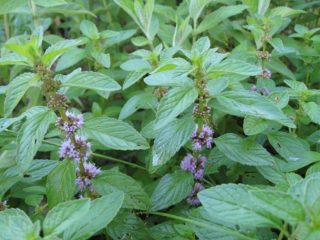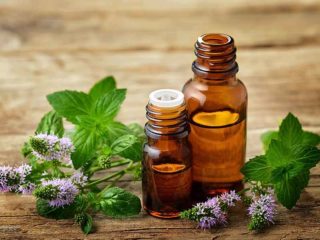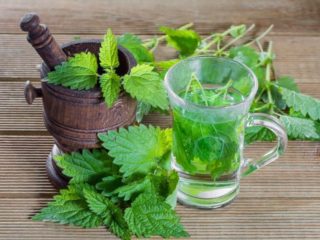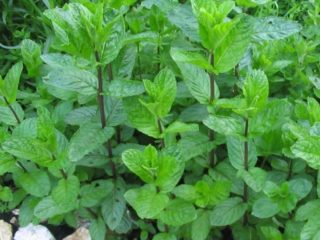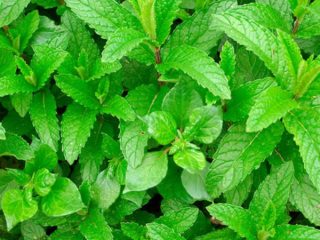Content
- 1 What it looks like and where it grows
- 2 Chemical composition
- 3 Medicinal properties and what Astragalus wooliflora treats
- 4 Cooking methods
- 5 The use of Astragalus wooliflora herb in folk medicine
- 6 Application in cosmetology
- 7 Contraindications to the use of Astragalus wooliflora and possible harm
- 8 Collection and preparation
- 9 Preparations containing Astragalus wooliflora
- 10 Conclusion
- 11 Reviews from doctors about Astragalus wooliflora
Astragalus wooliflora is a plant with high medicinal value. To use it correctly, you need to study the properties and recipes of traditional medicine.
What it looks like and where it grows
Woolly-flowered or fluffy-flowered astragalus (Astragalus dasyanthus) is a perennial plant from the Legume family up to 35 cm tall. The stems of the crop are brownish with red hairs, recumbent or erect, the leaves are oblong oval or lanceolate, grayish-green.
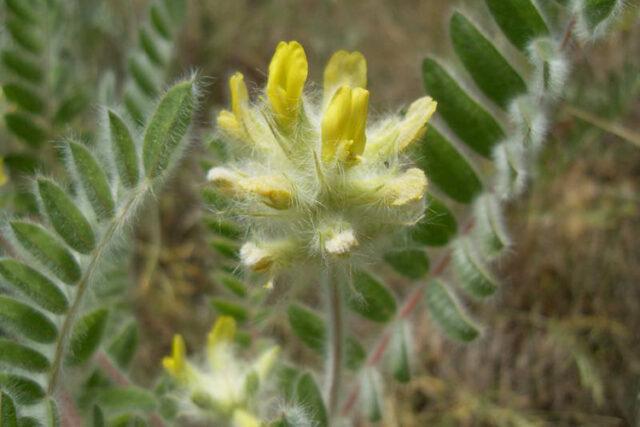
Like the shoots, the astragalus plates are covered with yellowish hairs
In June and July, Astragalus produces flower stalks about 15 cm high with dense capitate inflorescences of round or oval shape. Each cluster consists of 10-20 very small bell-shaped buds in a white, yellow or purple hue. As you can see in the photo of the woolly-flowered astragalus, the bracts are densely covered with light hairs, which is why the inflorescence appears shaggy. From July to September the plant bears fruit, oval beans with a pointed tip.
Woolly-flowered astragalus is widespread in the southern regions of Russia, as well as in Hungary, Ukraine, Moldova and the Balkan Peninsula. For growth it chooses light deciduous forests, meadow slopes, clearings and edges.
Chemical composition
The leaves, flowers and seeds of woolly-flowered astragalus contain a large amount of useful substances. Among them are:
- vitamin B9;
- ascorbic acid;
- iron, manganese and silicon;
- selenium and molybdenum;
- retinol;
- tocopherol;
- barium and phosphorus;
- organic acids and flavonoids;
- essential oils;
- tannins and alkaloids;
- polysaccharides;
- phytosterols;
- fiber and carbohydrates.
When properly processed, the plant has a pronounced healing effect and helps with many ailments.
Medicinal properties and what Astragalus wooliflora treats
When consumed according to proven recipes, the plant improves well-being and prevents the development of dangerous diseases. In particular, astragalus:
- stops bleeding and strengthens blood vessels;
- has an antitumor effect and serves as the prevention of oncology;
- has antibacterial and anti-inflammatory properties;
- promotes the healing of skin lesions;
- has a calming effect on nervous disorders;
- normalizes blood sugar and cholesterol levels;
- accelerates cellular renewal processes;
- reduces blood pressure;
- promotes rejuvenation of the body;
- strengthens the immune system and helps protect against viruses and colds;
- helps get rid of swelling;
- cleanses the liver and reduces the load on this organ;
- removes toxins and toxic substances from the body;
- stimulates brain function.
For women, woolly-flowered astragalus is useful for gynecological diseases. First of all, it is used in the complex treatment of infertility. You can take products based on the plant if your periods are too heavy and painful, or if you have inflammation of the reproductive system.
For men, woolly-flowered astragalus helps maintain a healthy libido. In addition, the plant prevents the development of prostatitis and adenoma, improves blood circulation in the pelvis. Taking perennial-based products is useful for preventing heart attack and stroke.
Cooking methods
Traditional medicine recommends using the roots, leaves and flowers of the plant to prepare medicinal products. The beneficial substances in the composition of woolly-flowered astragalus dissolve well in water and alcohol bases.
Tincture of Astragalus wooliflora in vodka
A strong tincture of a medicinal plant is suitable for internal and external use. They do it like this:
- 40 g of dried roots are poured with 500 ml of vodka;
- cover the container with a lid and place it in a dark place for ten days;
- shake the vessel daily;
- When ready, strain the tincture.
You need to take 30 drops on an empty stomach three times a day. The drug helps with colds and inflammatory diseases, vascular diseases and high blood pressure.
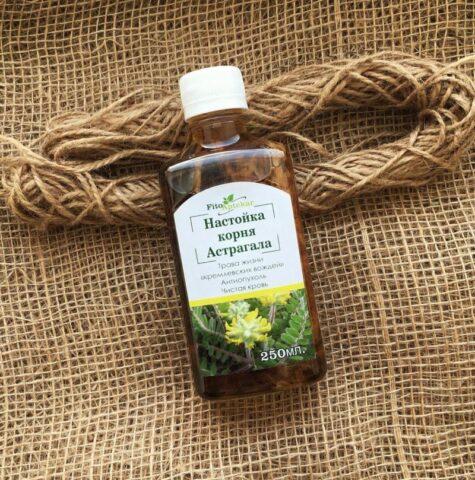
You can make a tincture of woolly-flowered astragalus yourself or buy it at a pharmacy.
Infusion
An aqueous infusion of woolly-flowered astragalus is prepared as follows:
- two large spoons of plant roots are poured with 200 ml of hot water;
- keep covered for about half an hour;
- filter through folded cheesecloth.
Take 30 ml three times a day for general strengthening of the body.
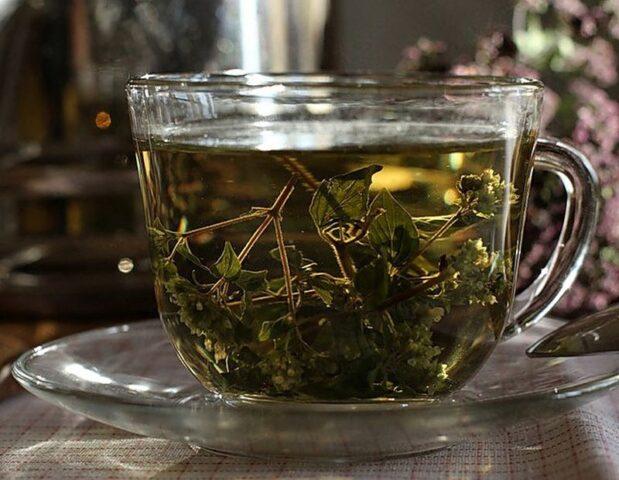
You can use the infusion of woolly-flowered astragalus without interruption for more than six weeks
Decoction
To treat inflammation and eliminate swelling, a decoction of the roots and leaves of a useful plant is used. The cooking algorithm looks like this:
- the dried herb is ground to a powder;
- measure 15 g of raw materials;
- pour a glass of fresh boiling water;
- simmer over low heat in a water bath for half an hour.
The finished herbal remedy is cooled to a warm state and filtered. You need to take the medicine two large spoons up to three times a day.
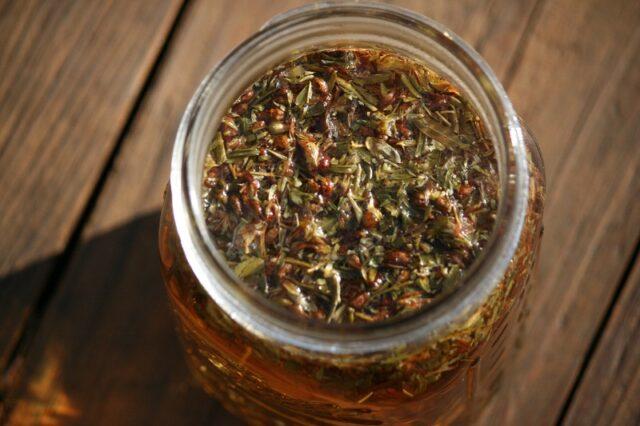
A decoction of woolly-flowered astragalus can be used for lotions and wiping the skin
The use of Astragalus wooliflora herb in folk medicine
Woolly-flowered Astragalus is quite popular in home health recipes. It is used to treat chronic ailments and acute conditions.
For heart failure
Woolly flowered astragalus improves blood circulation and stimulates the heart to function normally. The following infusion of the plant is beneficial:
- two small spoons of dry leaves are poured into a thermos;
- pour 400 ml of boiling water;
- stand for 24 hours;
- filter through cheesecloth.
You need to take the product four times a day, 50 ml.
For diabetes
Astragalus woolly flower helps normalize blood sugar levels. For medicinal purposes the following infusion is made:
- grind the dry roots of the plant in a volume of 15 g;
- pour 250 m of boiling water;
- keep under the lid for four hours;
- passed through cheesecloth for filtration.
You need to take the product 50 ml three times a day on an empty stomach. In total, treatment is continued for three months, after which a break is taken.
For hypertension
Treatment with woolly-flowered astragalus is sought for high blood pressure. Traditional medicine offers the following recipe:
- 20 g of dry leaves and flowers are poured into 200 ml of hot water;
- leave covered for two hours;
- filter after cooling.
The infusion should be consumed up to five times a day, using a large spoon. The course of treatment is three weeks; after a break, therapy can be repeated if necessary.
For oncology
Woolly-flowered astragalus is used in the complex treatment of tumors. Prepare the following remedy:
- 6 large spoons of crushed roots are poured into 1 liter of water;
- Boil the mixture over low heat for ten minutes;
- The broth is cooled and carefully filtered.
The solution is taken in a large spoon up to five times a day for one and a half months. You need to use the product on an empty stomach.
For allergies
The perennial plant is beneficial for allergic dermatitis and other skin irritations. A tincture of the herb gives a good effect, and you can do it like this:
- 20 g of dry roots of the plant are poured with 250 ml of high-quality vodka;
- keep in a dark place for ten days;
- pass the finished preparation through gauze.
Use 20 drops four times a day until symptoms disappear.
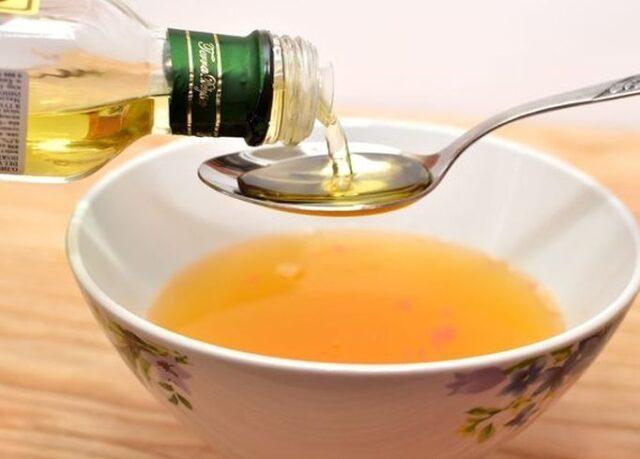
Astragalus tincture can be used to wipe cuts and ulcers
Baths with astragalus also help well against allergies. It is necessary to pour 200 g of dry leaves into 2 liters of water, boil for ten minutes, and then leave for another half hour. The finished product is poured into a filled container and a bath is taken for no longer than ten minutes. The procedure must be repeated every other day.
If you have allergies, use astragalus with extreme caution. First you need to make sure that the medicinal plant itself will not cause skin itching and dermatitis.
For prostatitis
A decoction of woolly-flowered astragalus helps relieve inflammation and pain in prostatitis. The cooking recipe looks like this:
- a large spoon of crushed dry root is poured into 1 liter of water;
- boil in an enamel bowl under a lid over low heat for 15 minutes;
- kept closed for about ten hours;
- filter.
The natural remedy is taken half a glass three times a day, and the treatment continues for two months. The decoction is also used for microenemas, but in this case it must first be diluted with water in a ratio of 1:2.
Application in cosmetology
Recipes with woolly-flowered astragalus can slow down aging and prolong youth. The raw materials of the plant have a beneficial effect on the skin and help fight wrinkles, help eliminate cellulite and improve the condition of hair.
Astragalus for face
For sensitive skin and signs of early aging, the following mask will benefit:
- pour a large spoonful of woolly-flowered astragalus roots into 250 ml of hot water;
- keep covered for two hours;
- measure out 15 ml of infusion;
- add 5 g of honey and fatty cottage cheese;
- mix the ingredients.
The mask is spread over the face for 15 minutes and then removed with clean warm water. It is advisable to repeat the procedure at least twice a week.
Astragalus for cellulite
A mixture of astragalus infusion and honey helps make the “orange peel” less noticeable. It is prepared according to this recipe:
- 20 g of dry plant material is poured with a glass of boiling water;
- leave covered for two hours;
- mix 15 ml of liquid product with an equal amount of natural honey;
- distribute the composition over problem areas and wrap with plastic wrap.
Keep the mixture for half an hour. Then the product is washed off with warm water and the skin is treated with moisturizer.
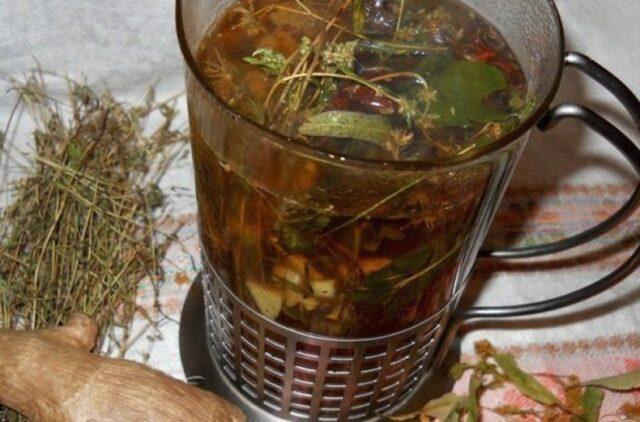
Astragalus accelerates metabolic processes under the skin and increases its elasticity
Astragalus for hair
The beneficial substances contained in woolly-flowered astragalus help to activate blood circulation under the scalp and improve nutrition of the hair follicles. To restore strength, volume and beautiful shine to your curls, it is enough to rinse your strands with infusions and decoctions of the plant after each wash. Results become noticeable after an average of 2-3 weeks.
Contraindications to the use of Astragalus wooliflora and possible harm
The medicinal properties and contraindications of woolly-flowered astragalus depend on the individual characteristics of the body. It is advisable to stop using medicinal herbs if:
- intolerance to plant components;
- pregnancy;
- breastfeeding;
- hypertension;
- acute pancreatitis and stomach ulcers;
- internal bleeding.
Infusions and decoctions based on medicinal plants are not offered to infants and young children.When consuming woolly-flowered astragalus, you must carefully follow the recommended dosage. If the herb is used uncontrollably, side effects may occur, such as allergic rashes, itching, swelling, nausea and stomach upset. The harm of woolly-flowered astragalus is that it thins the blood; if there are already problems with clotting, an overdose of the medicinal herb can aggravate the situation.
Collection and preparation
For medicinal purposes, it is customary to use the above-ground parts of the useful perennial and its roots. The first ones are collected during the period of active flowering, carefully cutting off the leaves, peduncles and stems with sharply sharpened scissors. It is better to harvest the roots in early spring or autumn, shortly before the cold weather, at which time the most useful substances accumulate in them. The perennial plant is dug out of the ground entirely, trying not to injure it again, shaken off the soil and washed in running water.
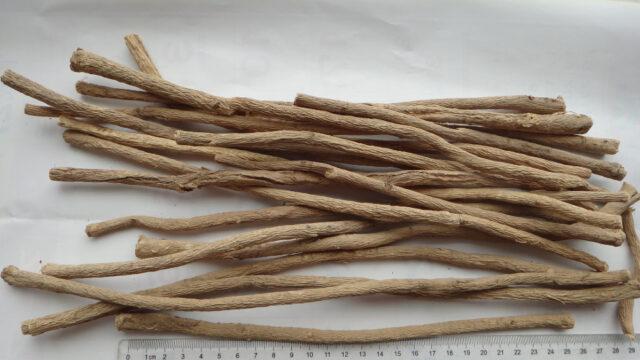
Unlike leaves and flowers, astragalus roots are dried only naturally
To dry, the prepared parts of the woolly-flowered astragalus are laid out in an even layer on a baking sheet and placed in a shaded but warm place with good air access. You can also use an oven or dryer, but the temperature should not exceed 50 °C. When the raw material becomes brittle, it is placed in paper bags. Astragalus should be stored in a dry cabinet away from direct sunlight for a year.
Preparations containing Astragalus wooliflora
The healing plant is used not only in folk medicine.Woolly-flowered astragalus can be found in official pharmaceutical preparations.
In particular, plant extracts contain:
- in the drug Flaronin, intended for the treatment of kidneys;
- in Astragalus syrup, it helps eliminate stress and insomnia;
- in an aqueous-alcoholic tincture of the plant, it is used internally and externally for inflammation;
- in capsules TA-65 - a useful food supplement designed to strengthen the immune system.
Officially approved drugs and dietary supplements containing medicinal plants are recommended for use for colds, fatigue, and stress. They are also used for severe diseases as prescribed by a doctor as part of complex therapy.
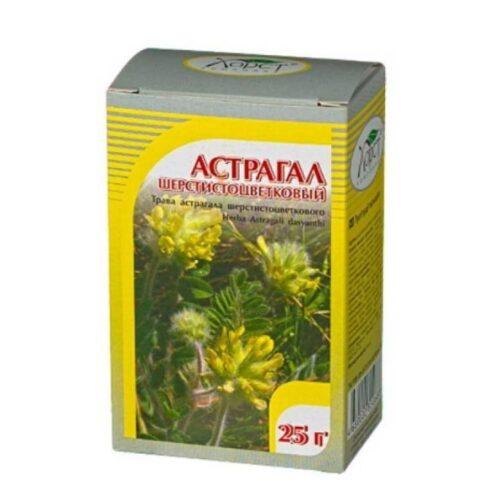
At the pharmacy you can purchase ready-made dry astragalus herb for quick brewing.
Conclusion
Astragalus wooliflora is a useful plant with numerous medicinal properties. The roots of the herb are the most valuable, but traditional medicine also uses leaves, buds and seeds to treat chronic and acute diseases.
Reviews from doctors about Astragalus wooliflora
